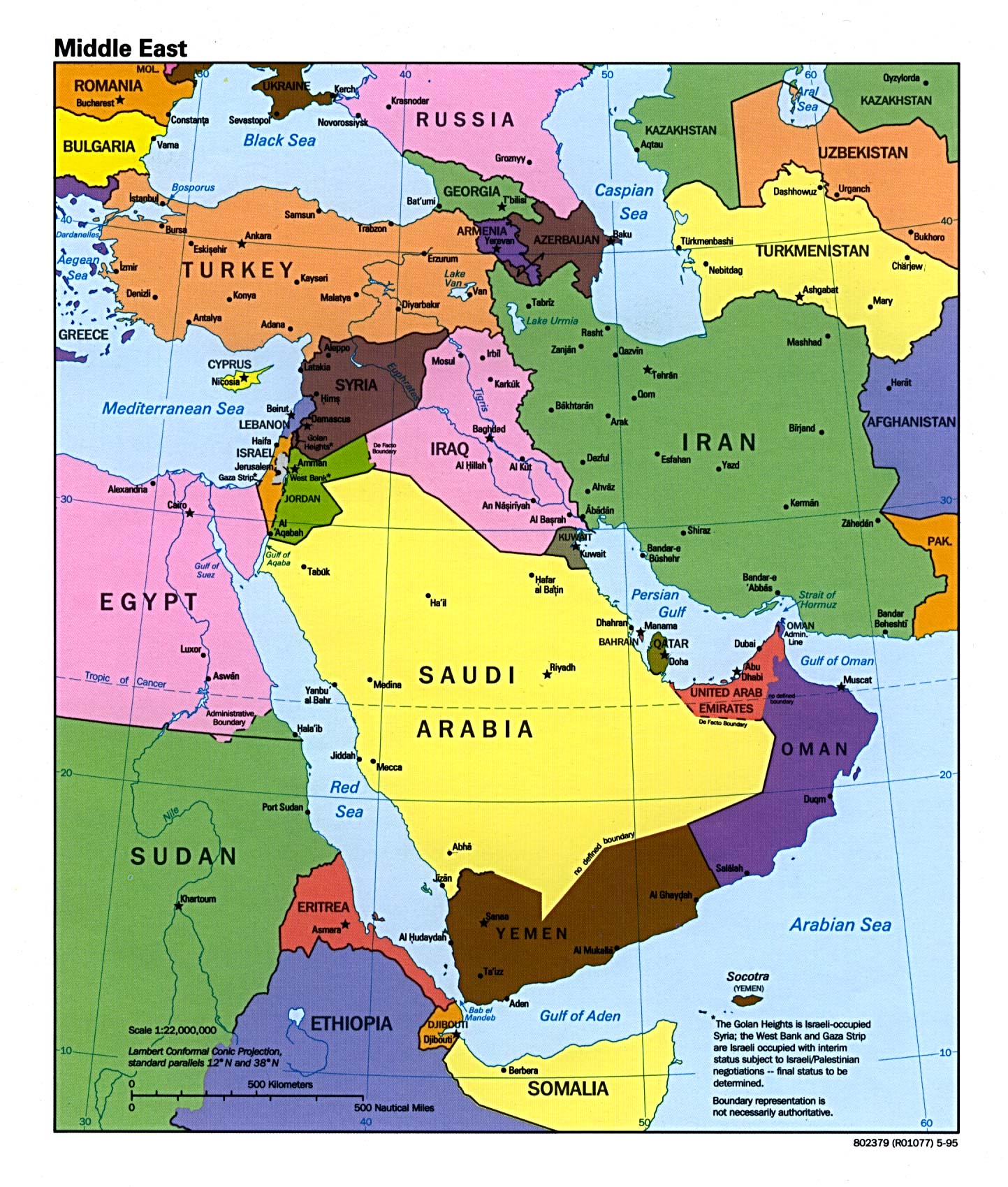Asia comes to the Middle East in due course
 Friday, July 23, 2010 at 12:04AM
Friday, July 23, 2010 at 12:04AM 
Just so no one thinks I'm picking on Foreign Policy, here's a great piece from Geoffrey Kemp (also via WPR's Media Roundup, that should have placed it topside) that elaborates on a point I've made for years: Asia is coming militarily to the Middle East, just like we did before, and for all the same logical reasons. Our choice is how we channel their interest, not how we block it or contain it or hedge against it.
Kemp's opening:
The United States has become accustomed to its hegemonic military presence in the greater Middle East. The U.S.-led international coalition against Iraq after its invasion of Kuwait in August, 1990 led to a massive increase in America's direct military presence in the Gulf. Its military presence accelerated after the 9/11 attacks and the subsequent wars in Afghanistan and Iraq. Today, U.S. forces are deployed all the way from the Sinai desert through the Arabian Peninsula, Persian Gulf, Arabian Sea and Indian Ocean, as well as Afghanistan. While the U.S. has come to take its unchallenged military primacy in the Middle East for granted, key Asian countries -- especially India, China, Japan and South Korea -- have also increased their Middle East presence. The U.S. shouldn't view this as a threat but rather an opportunity for greater cooperation on a wide spectrum of growing security concerns.
Even better:
In many ways an increased growing Asian presence in the Middle East will bring a breath of fresh air to a region left with the bitter historic legacies of European dominance and characterized by contemporary antagonism toward the hegemonic role of the United States. The major Asian players in the Middle East have not been colonizers or occupiers and they have far less of an emotional stake in the Arab-Israeli conflict. On the one hand, that means that they approach political issues and unresolved conflicts with what some would argue is a cynical, laissez-faire attitude, perhaps exemplified by China's initial indifference to human rights abuses in Sudan. However, the upside is that the Asians do not interfere directly in Middle East politics and therefore enjoy good relations with most states. How long they can sustain their hands-off approach is questionable if, by virtue of their economic dominance and their own strategic stakes in the region, they get drawn into the messiness of Middle East politics at a time when the United States becomes disillusioned by the burdens of hegemony.
In the meantime, it is very much in the interests of both the U.S. and the Asian countries to reach common agreements on the importance of preventing further conflict in the region and jointly assuring the security of the increased maritime traffic across the Indian Ocean. Cooperation on meeting the piracy challenge off the coast of Somalia is an early test of this new strategic reality.
 Kemp's Nixonian/Kissingerian tones are well earned. He's "the Director of Regional Strategic Programs at the Nixon Center." The article summarizes his new book on the subject.
Kemp's Nixonian/Kissingerian tones are well earned. He's "the Director of Regional Strategic Programs at the Nixon Center." The article summarizes his new book on the subject.
The reason why there won't be "another Iraq" is that there never should be a situation where the US thinks it needs to hog all the control like it did in Iraq, given this larger emerging reality.






























